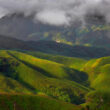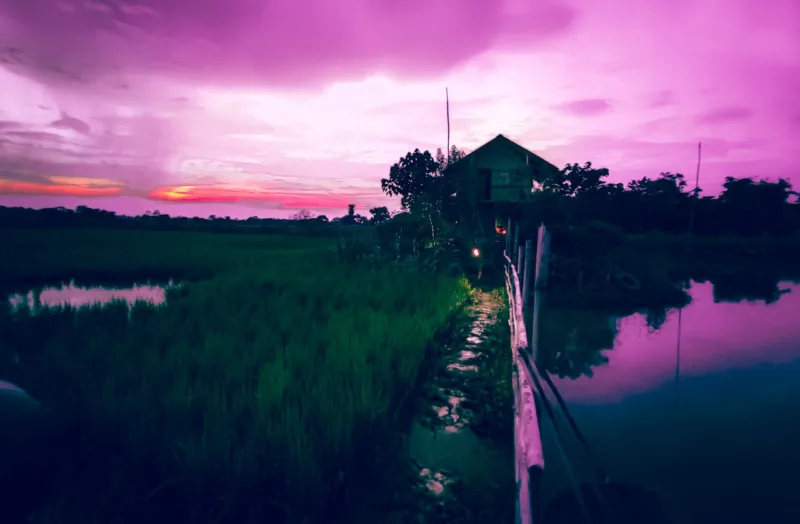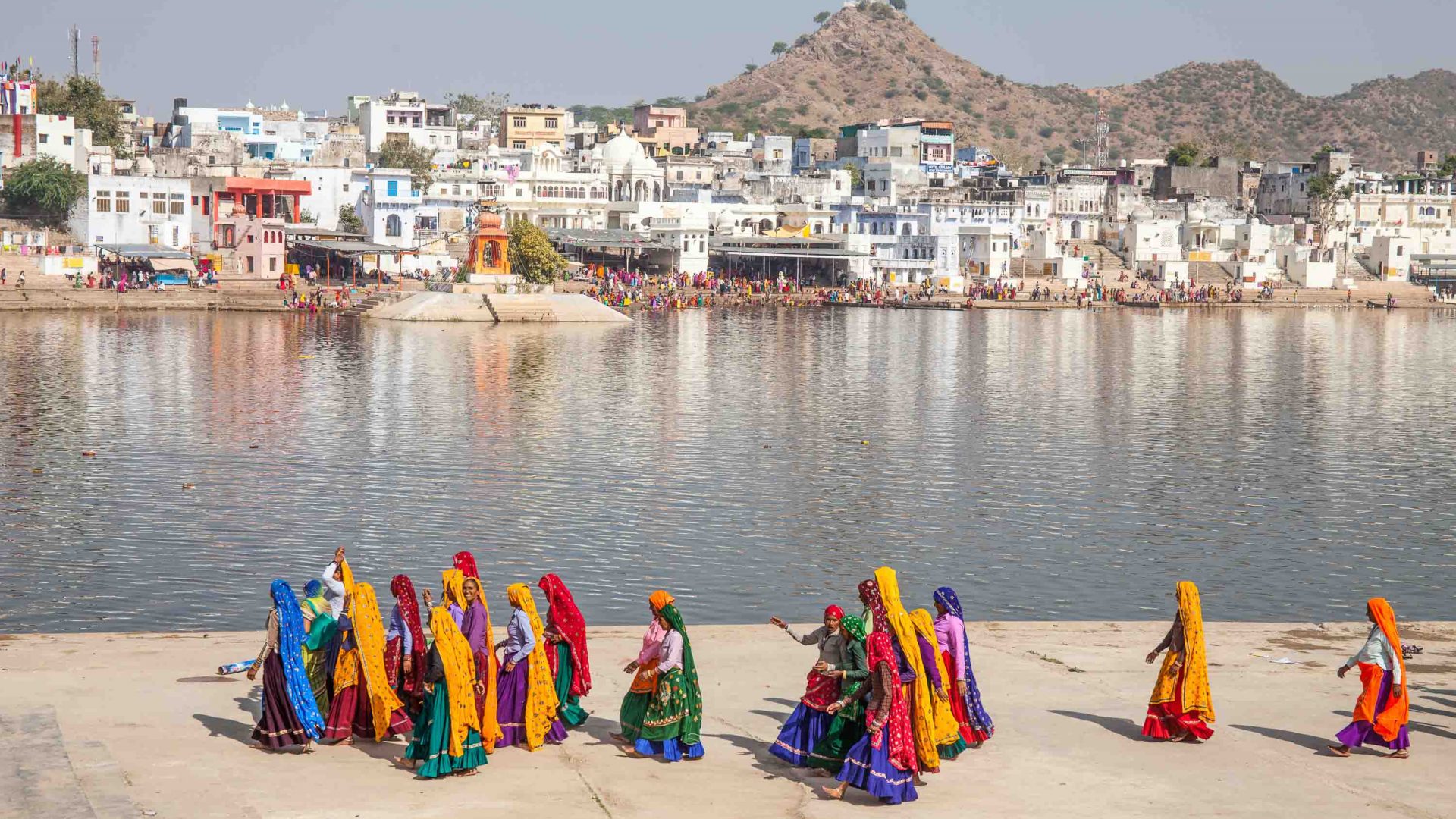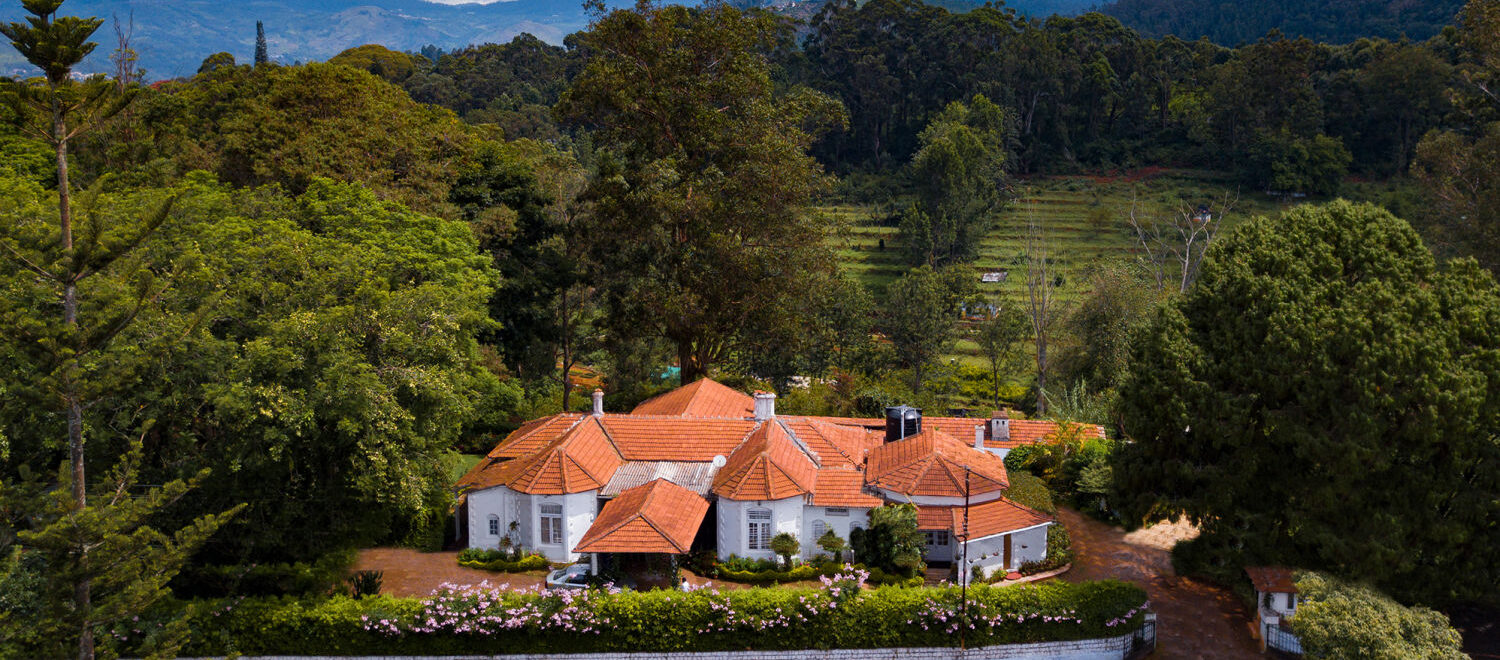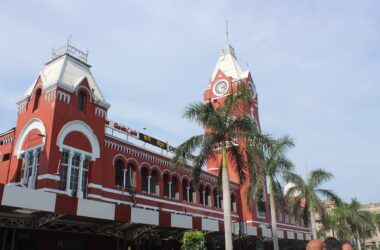When it comes to experiencing diverse climates, Guwahati, the gateway to the enchanting northeastern region of India, is a city that stands out. Nestled on the banks of the mighty Brahmaputra River, Guwahati offers a unique blend of weather patterns throughout the year. In this article, we will delve into the mesmerizing weather conditions that characterize this vibrant city.
Understanding the Geography
Guwahati is the largest city in Assam and is situated at the foothills of the Eastern Himalayas. Its geographical location plays a pivotal role in shaping its weather. The city experiences three distinct seasons – summer, monsoon, and winter.

The Summers in Guwahati
Hot and Humid
During the summer months of March to June, Guwahati experiences a hot and humid climate. Temperatures can soar up to 35-40 degrees Celsius. The scorching sun and high humidity levels make this season less favorable for tourists.
Monsoon Magic
The Monsoon Season
Guwahati’s monsoon season, which lasts from June to September, is a true spectacle. The city receives heavy rainfall, and the lush green landscape comes alive during this time. The monsoons are essential for the region’s agriculture and are a sight to behold.
Chilly Winters
The Winter Charm
As the monsoons bid adieu, Guwahati welcomes the winter season from November to February. This is the best time to visit the city, as the weather becomes pleasantly cool and dry. The temperature hovers around 10-15 degrees Celsius, making it ideal for exploring the city’s attractions.
Unpredictable Weather Patterns
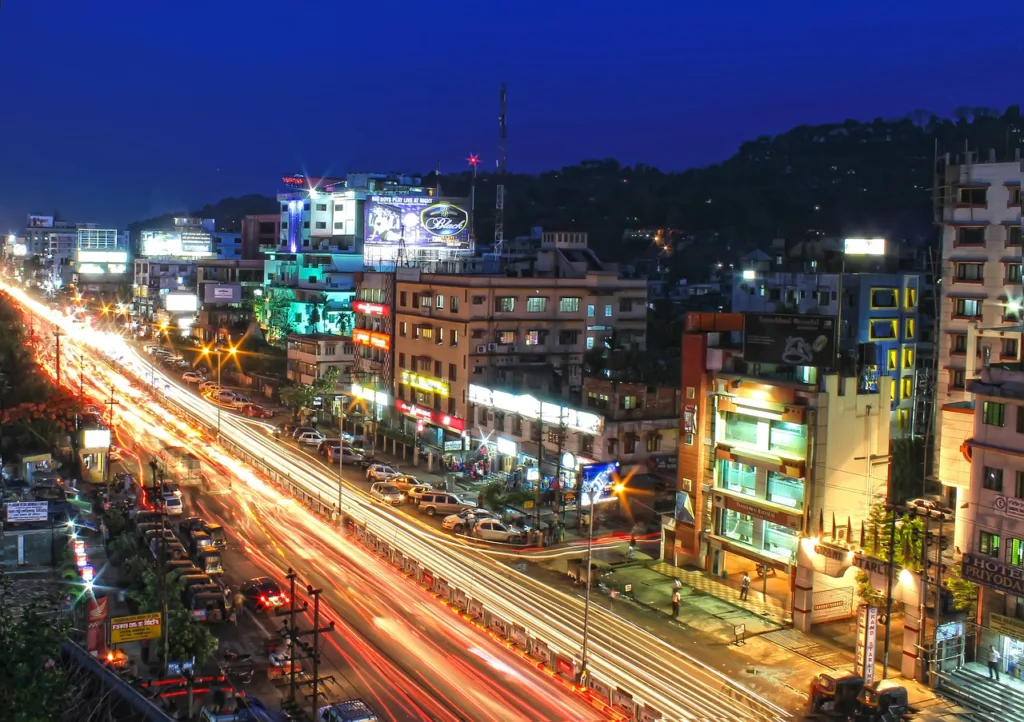
Weather Surprises
Guwahati is known for its unpredictable weather patterns, which can sometimes change drastically within a single day. It’s not uncommon to experience both rain and sunshine in a matter of hours.
Dressing Right
Wardrobe Essentials
When packing for Guwahati, it’s crucial to carry a mix of clothing to tackle the ever-changing weather. Light cotton clothing for summers, umbrellas and raincoats for the monsoons, and warm clothes for winters are essential.
Conclusion
In conclusion, Guwahati’s weather is as diverse and vibrant as the city itself. From the scorching summers to the enchanting monsoons and the chilly winters, each season offers a unique experience. So, whether you’re planning to explore the Kamakhya Temple, take a cruise on the Brahmaputra, or enjoy a walk in the lush parks, the city’s weather will play a significant role in your experience.
FAQs
1. When is the best time to visit Guwahati?
The best time to visit Guwahati is during the winter season, from November to February when the weather is pleasantly cool and dry.
2. Does Guwahati experience heavy rainfall during the monsoon season?
Yes, Guwahati receives heavy rainfall during the monsoon season, from June to September, making it a lush and vibrant time to visit.
3. How hot does it get during the summer months in Guwahati?
During the summer months, temperatures in Guwahati can soar up to 35-40 degrees Celsius, with high humidity levels.
4. What should I pack for a trip to Guwahati?
When traveling to Guwahati, pack a mix of clothing, including light cotton clothes for summers, umbrellas and raincoats for the monsoons, and warm clothes for winters.
5. Is Guwahati known for its unpredictable weather?
Yes, Guwahati is known for its unpredictable weather patterns, which can change rapidly, sometimes within a single day.


